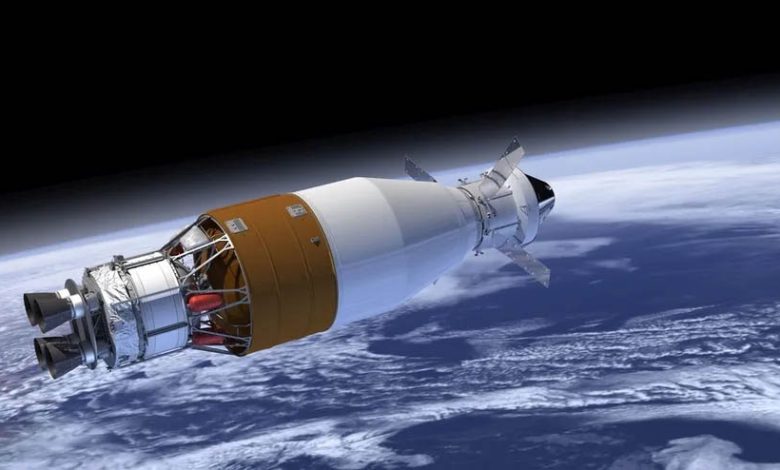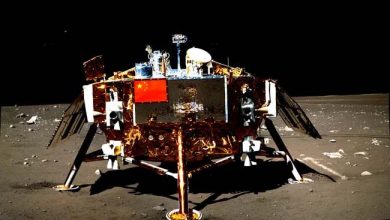Boeing needs to improve quality control on SLS lunar rocket

Science: A scathing report by NASA’s Office of Inspector General (OIG) has highlighted several critical issues related to the development of the next version of the agency’s Space Launch System megarocket, which are likely to delay Artemis moon missions. The report, released by NASA’s internal watchdog on August 8, focuses on the huge Space Launch System (SLS) Block 1B and its Exploration Upper Stage (EUS). Block 1B is designed to increase the amount of cargo the SLS can carry to the moon. The upgraded version is critical to NASA’s long-term lunar plans and will be used for Artemis 4, currently planned to launch in 2028.
The OIG found that work being done by Boeing — the prime contractor for the SLS core and upper stages,
as well as the rocket’s flight avionics suite — at NASA’s Michoud Assembly Facility in New Orleans does not meet international standards or agency requirements. This has led to the issuance of several Corrective Action Requests (CARs) by the Defense Contract Management Agency (DCMA). CARs, which can vary in level of severity, indicate that work does not conform to specific contract requirements. According to the OIG report, these quality control lapses at Michoud are “primarily due to Boeing’s lack of a sufficient number of trained and experienced aerospace workers.” The report criticizes Boeing’s inadequate training and supervision efforts, which fail to mitigate these deficiencies, raising serious concerns about the safety and reliability of SLS components. The report also notes rising cost estimates and suggests Artemis 4 may not reach its expected September 2028 launch date due to such issues.





